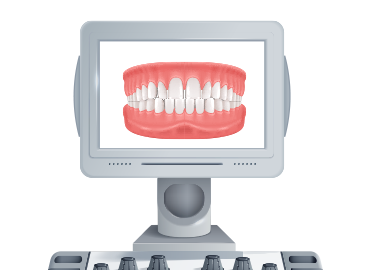It is common for oral cancer to go undiagnosed until it has progressed. For successful treatment and better results, early detection is crucial. The early detection of cancerous growths is crucial for treatment, and oral cancer screening is one of the most effective preventive measures available. Oral cancer screening stands as a critical preventive measure in the realm of oral health.
It acts as a vigilant guardian, seeking out any early indicators or subtle hints of this disease, even before symptoms manifest. By identifying warning signs during the initial stages, the medical community can intervene promptly, increasing the chances of effective treatment and, ultimately, saving lives.
We recognise the critical importance of oral cancer screening in safeguarding our patients' well-being. Our commitment to comprehensive dental care extends to regular screenings as a proactive approach to identifying potential oral health concerns, including oral cancer. In this comprehensive guide, we shed light on the significance of early detection, the methodologies employed during screenings, and the role of preventive measures in preserving oral health.

Why Oral Cancer Screening?
Oral cancer screening is a pivotal component of preventive healthcare. While the risk factors for oral cancer include tobacco and alcohol use, it can affect anyone, even those without these risk factors. Early-stage oral cancer often presents with subtle symptoms that may go unnoticed, underscoring the significance of routine screenings.
Our oral cancer screenings involve a thorough examination of your mouth, including the tongue, gums, cheeks, and throat. By identifying any abnormalities or precancerous lesions in their early stages, we can swiftly initiate treatment, greatly improving the chances of a successful outcome.
Advantages of Oral Cancer Screening
- Oral cancer screenings can detect abnormalities and precancerous lesions at an early stage, increasing the chances of successful treatment.
- Early detection of oral cancer may lead to a less aggressive course of therapy, which could minimise adverse effects and speed up recovery.
- Frequent checkups for oral cancer offer comfort, particularly to those who use tobacco products or alcohol and have other risk factors.
